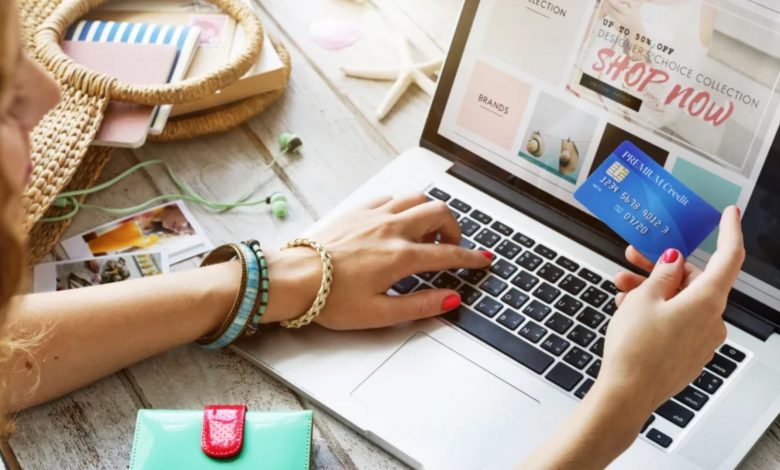
There has been a myriad of benefits that the fast and now virtually all-encompassing dominance of the world wide web has provided the vast majority of people across the length and breadth of this country and beyond.
Reputable online retailers and brands have come a long way, in some part due to their own volition and in others because of new governmental regulations and ‘crackdowns’, to improve not only the online shopping experience of their customers, but also their safety as well.
However, hackers and cybercriminals have also become substantially cleverer in finding innovative ways to steal individuals’ personal information and data, so, with this in mind, continue reading to learn how to shop safely online.
Only Deal with Reputable Retailers
One of the easiest ways of all to avoid issues with online payments, as much as possible at least, is to only use shop with a reputable online retailer.
When buying concert or show tickets, for example, check out BoxOfficeTicketSales.com reviews to learn of the various security measures such renowned and established sites put in place to both create a fantastic online buying experience and to ensure your card details are safe.
Use Your Credit Card Where Possible
Another hugely beneficial decision you should always make, where possible, when purchasing products or services online is to, if you have one, always use your credit card rather than a debit card.
There is a myriad of reasons you should use your credit card, including, but not limited to, the following:
- Comprehensive protection from defective items and fraudulent transactions
- International purchases are usually possible with a credit card
- The opportunity to take advantage of EMIs with no additional charges
- Reward systems, cashback and loyalty points
Avoid Public wi-fi
An exceedingly simple, yet incredibly frustrating way to protect your personal details from hackers is to avoid connecting to public wi-fi spots, even though they are both incredibly convenient and obviously entirely free.
There are many dangers associated with connecting any electronic device to the internet via a public wi-fi connection:
- Session hijacking
- Unencrypted connections
- Cyber-attacks on businesses and individuals alike
- Theft of personal data
- Network snooping
Keep Anti-Virus Software Up To Date
There is a direct correlation between how safe and secure your online shopping transactions are and how safe and secure your laptop, tablet and even smartphone’s hardware and software systems and programs are.
Even if you only shop online sporadically, it is still exceedingly important to always ensure that both your anti-virus software and other protection programs are not only current but fully working.
Look for the Padlock
As a general rule, a trusted and secure website should have the image of a small, golden padlock in the search bar, which is highly advisable-it prevents you from entering your card details into a web page that is not displaying this lock.
This image of a lock indicates that the particular website has installed additional SSLs (secure sockets layers), which offer additional encryption and firewalls against hackers and corrupt cybercriminals.





